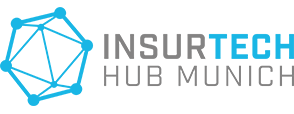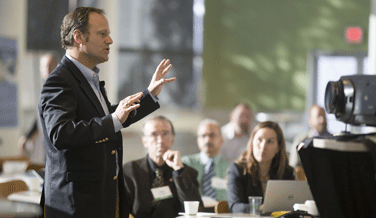No „walk-the-dog apps“ but cross-industry big ideas, when nine startups from all over Germany took the stage at the second edition of Digital Hub Initiative Pitch-Night in Munich .

“This isn’t ‘Die Höhle der Löwen’ (The Lion’s Den)”. The opening statement of the 2019 Digital Hub Initiative (de:hub) Pitch Night – referring to a popular German TV show, which focuses on almost outlandish entrepreneurial ideas – clarified the expectations of the evening . Nine cross-industry startups, representing the decentralised de:hubs which form around sectors like insurance and finance, mobility, media, logistics or health, took the stage to present to a jury of five investors and a packed audience of 300. No „walk-the-dog apps or the next smoothie nobody really waited for“, as the m.c. mused, but ideas which intended to put Germany on the global digital innovation map.
Think self-driving vehicles revolutionizing public transport (Dromos). Think biometric identification via eye movement (Oculid). Think a software which trains autonomous cars to cope with difficult situations (Phantasma Labs). As an InsurTech Hub Munich alumni, e-bot7 presented a hybrid AI system aiming at making service inquiries more of a rewarding and efficient experience for companies and customers alike. Fabian Beringer, managing director and co-founder of the Munich-based startup, already employing a team of 25, self-assuredly told the investors: „We’re not really looking for seed money, but rather investments into moving the business international“. For a more exhaustive focus on all nine startups check out this FOCUS Online article.

Dr. Andreas Goerdeler from the Federal Ministry of Economics and Technology was confident in his keynote that ventures like these will add to the steadily growing German startup scene. He cited statistics showing that there were already around 60.000 startups operating nationwide in 2018 (up more than 10 percent from 2017), though “there’s still room for more if we dare compare with China or the U.S.”. One of the goals of de:hub initiative, which is backed by Goerdeler’s ministry, is attracting more international software experts to Germany and to actively link mid-size companies, which is crucial to the country‘s economy, to the lively founders scene. “Most big corporates already cooperate closely with startups”, he added contently.
“Building the bridges necessary for a vibrant exchange and transferring knowledge is exactly what InsurTech Hub Munich is already doing successfully”, said Dr. Florian Mann, the InsurTech Hub’s Executive Director at the Pitch-Night. Together with Kirstin Hegner, Managing Director of the de:hub Mobility, he welcomed the attendees at the second annual Pitch Night, the first of which in the Bavarian capital. Mann was impressed by the quality of the startups pitching on stage and stressed in networking conversations later that night, balancing a plate of finger-food sized Schnitzel and potato salad in one hand: “We have to foster more cross-industry thinking – a mobility startup could be just as interesting for one of our partner companies in the insurance industry, just like our insurtech alumni, e-bot7’s concept might be easily transferableto a, say, logistics or media firm”. He complemented: “We need more of a ‘why not‘-spirit if we want to push boundaries:”.

About de:hub
With the Digital Hub Initiative led by the Federal Ministry of Economics and Energy, Germany is strengthening its position as the world’s leading digital ecosystem and attractive digital location. Startups, established business and academics come together in twelve digital hubs spread all over Germany. By combining the know-how of established companies with innovative startup ideas and scientific excellence, the Digital Hub Initiative promotes the emergence of a strong culture of innovation and new digital business models ranging from artificial intelligence to new mobility to smart infrastructure.




